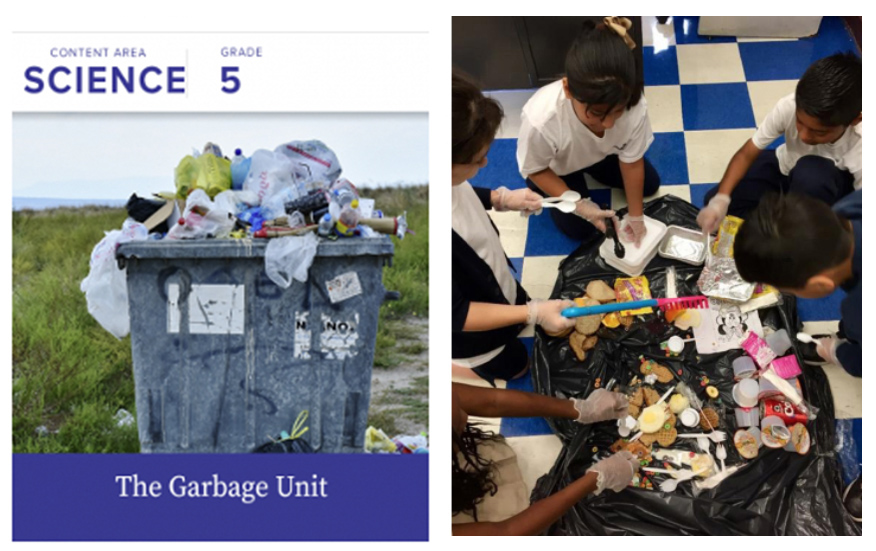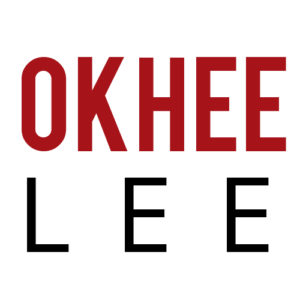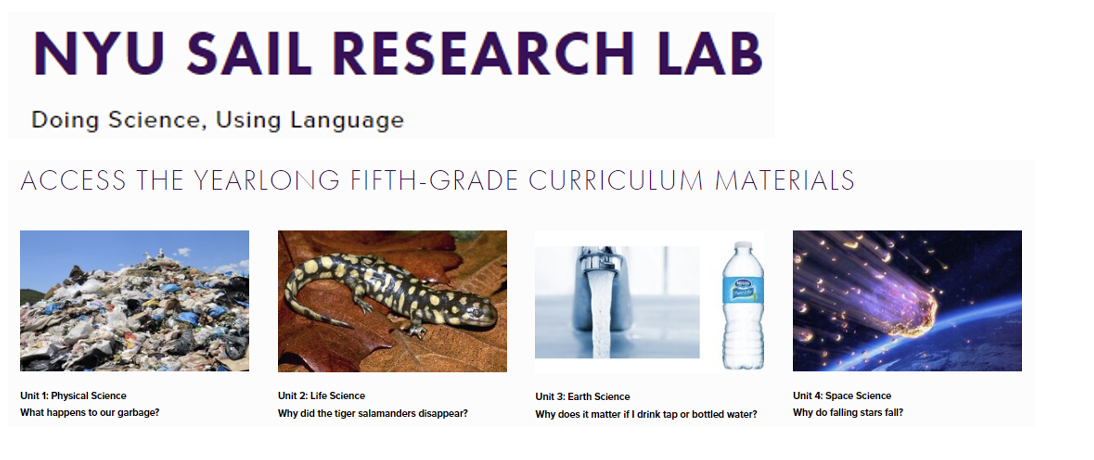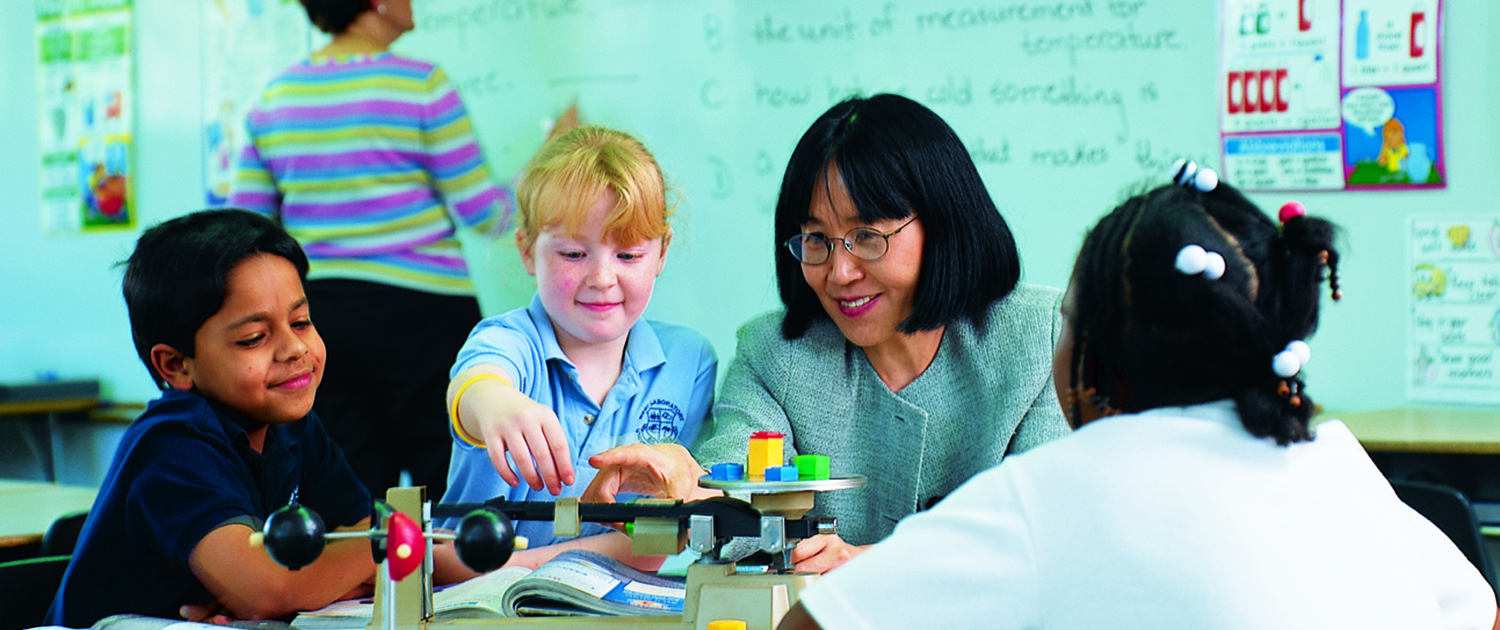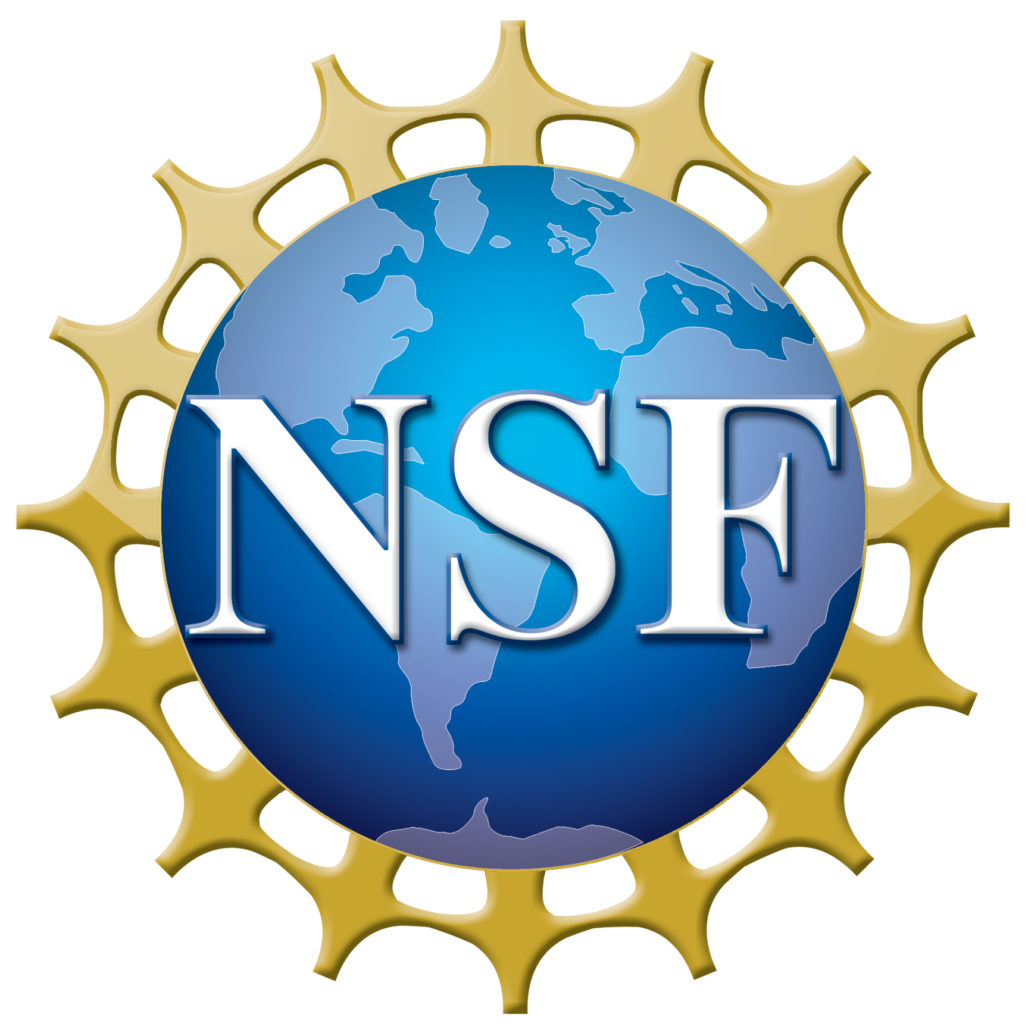Current Research
Okhee’s current work involves integrating multiple STEM disciplines to address equity and justice for all students, with a focus on minoritized student groups.
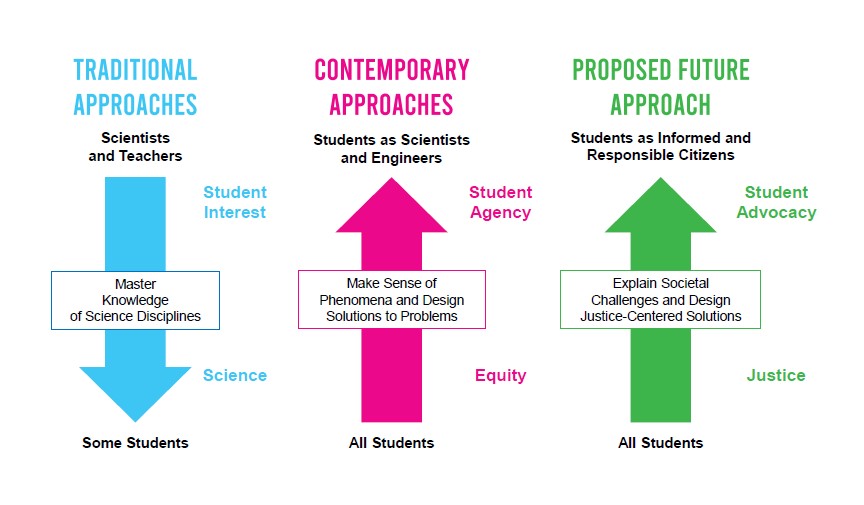
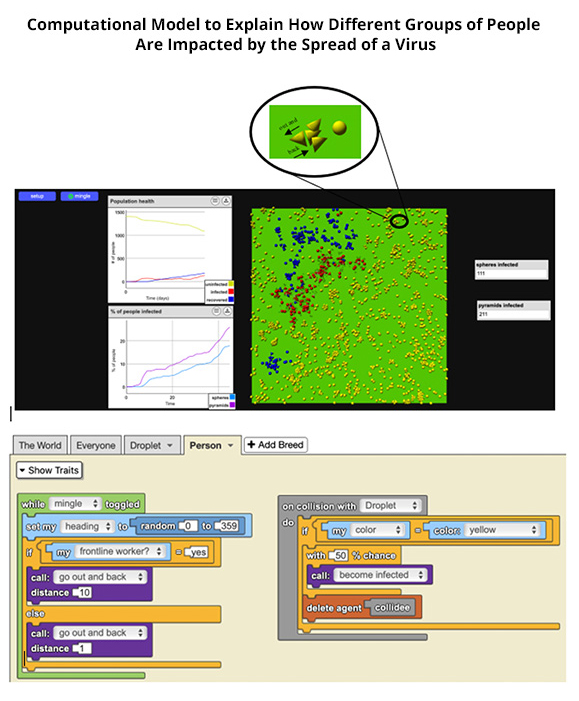
Okhee is principal investigator of the NYU SAIL Research Lab at New York University, where she is a professor of childhood education. Under her leadership and with funding from the National Science Foundation, the Science And Integrated Language (SAIL) team developed a yearlong fifth-grade science curriculum that makes use of garbage in the first of the four units.
The instructional materials for The Garbage Unit promote both science learning and language learning for all students, including multilingual learners. The project built on the SAIL conceptual framework for language use in the science classroom as students engage in science and engineering practices (Lee, Quinn, & Valdés, 2013).
The unit received the prestigious NGSS Design Badge, awarded only to top-rated science units designed to meet the Next Generation Science Standards (NGSS). The curriculum underwent rigorous peer review by Achieve, an independent, nonpartisan, nonprofit education reform organization. The Garbage Unit was beta tested by fifth graders in an urban school district in New Jersey.
